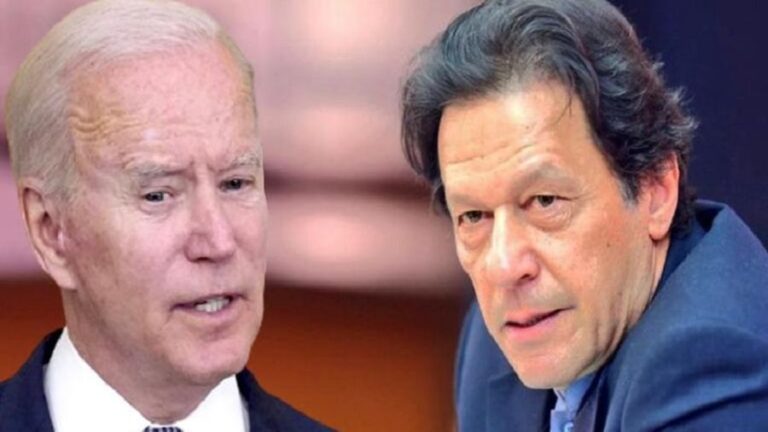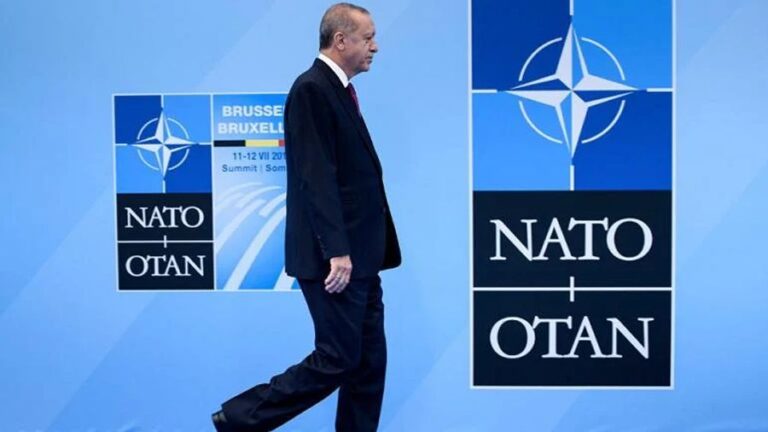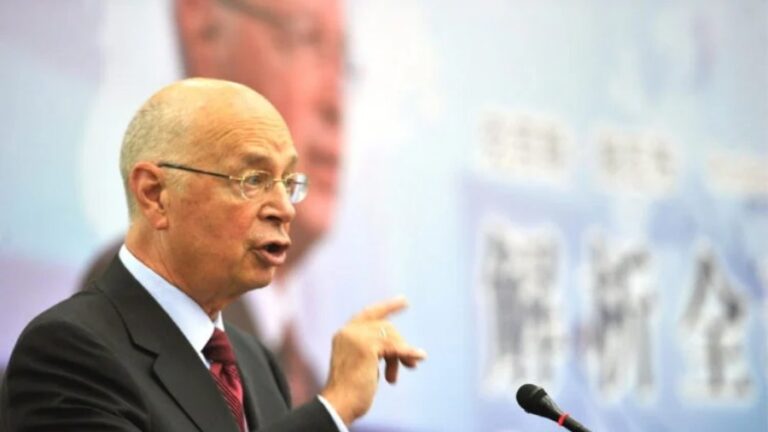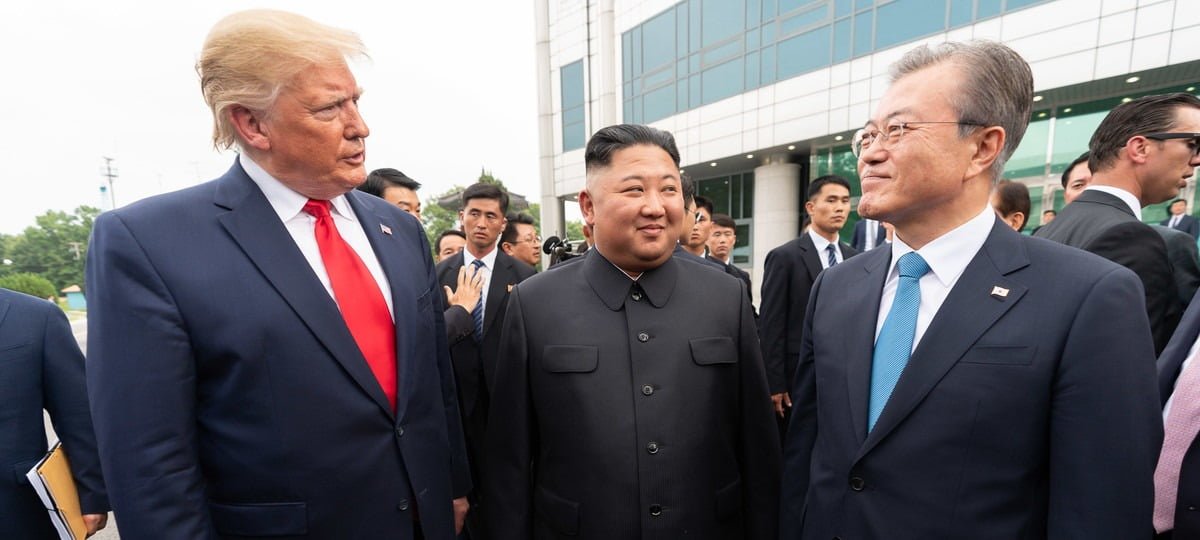China and the US Continue to Compete for Influence in Africa
Africa is a vast continent, rich in resources of every kind – in addition to its famous diamond mines and hydrocarbon deposits, it has 50% of the world’s gold reserves, and 90% of its reserves of platinum, cobalt, chrome and other minerals required by modern manufacturing industries. And the continent’s vast and largely very poor population represents a promising market and a huge labor force. Moreover, almost all African states have low levels of economic and social development, seriously compromising their political autonomy. Unsurprisingly, Africa is continually under pressure from major world powers, with their continuous hunger for resources and space, and a pressing desire to rein in the expansion of their rivals.
From the late 19th to the mid 20th century Africa was split up between various European colonial powers, and then, as country after country became independent and European influence declined, the US and the USSR began competing for influence on the continent. The two superpowers shared a firm conviction that their chosen path was in the best interests of the newly independent African states, and both were motivated by more pragmatic considerations- neither could risk abandoning Africa and its vast resources to their adversary, as that would mean upsetting the prevailing balance between the two powers.
But in 1991 the USSR collapsed, and the Russian Federation, its successor state, was forced to focus on its own internal and regional problems, leaving it in no position to take part in global geopolitical maneuvering. Th US was not able to enjoy its dominance over Africa for long, however, as China soon started ramping up its influence over the region.
In the last three decades China has strengthened its position as one of the leading global powers and leading players in international politics. Its status as a leading global power in effect forces it to defend its position on the global stage and compete for influence with the other powers. It is therefore completely understandable that China has got involved in the struggle for Africa. For China, obtaining a hold over the continent became a leading political and economic priority.
Since 2000 Beijing’s involvement in the Forum on China–Africa Cooperation (FOCAC) has enabled it to work with all the African states simultaneously. In that year trade between Africa and China was worth $10 billion.
In 2009 China overtook the US as Africa’s main trading partner.
In 2015 the Chinese Premier Xi Jinping announced at the FOCAC summit that China had invested $60 billion into African economies.
In 2017, in order to protect its investments and trading interests in the continent, China established a naval base in Djibouti, a small state on the Gulf of Aden, directly on the route to the Suez Canal, through which much of the shipping traffic between Europe and Asia passes. The base has therefore not only given China a military presence in Africa, but also a hold on a strategic global shipping corridor.
Despite the fact that the US has dozens of military bases and thousands of troops in Africa in order to prop up regimes that favor its interests and support it in the battle against terrorism, the establishment of the first Chinese base on the continent represented a major turning point in Sino-African relations and posed a serious challenge to Washington.
Realizing that it would be unable to compete with Beijing in terms of investment volumes, Washington decided to launch a major propaganda campaign in which it accused Beijing of using investment to trap African nations into incurring debt that they would be unable to repay, thus forcing them into economic and political dependence on China. In March 2018 the US Center for Global Development even published a report listing the African nations facing the greatest risk of a debt crisis as a result of their partnership with China. Since then articles on Beijing’s “debt trap” strategy have become a regular feature of the US-led ideological and propaganda campaign against China.
The US’s warnings, however, have had little impact, and in September 2018 Beijing hosted a FOCAC summit in which African leaders joined forces in supporting the Chinese Belt and Road initiative, which is aimed at uniting its member states into a single economic area by creating a unified transportation system. On that occasion Xi Jinping announced that China was investing another $60 billion into African economies.
In 2018 Sino-African trade volumes reached $200 billion, more than 20 times the amount in 2000.
China is cementing its position in Africa. In return for its investment China is getting African electricity, agricultural produce, timber etc. Taking advantage of the low cost of labor on the continent, China is building many factories there. As part of its Belt and Road initiative, which almost all African nations have joined, China is also building a continent-wide system of roads and railways in Africa.
As a result, Africa is becoming a manufacturing center, market, and logistics center for Chinese goods, with new roads crossing the continent from west to east and linking the ports on the two coasts, transforming the continent into a transshipment center for the delivery of Chinese goods, many of them actually manufactured in Africa, to the Americas.
In the last few years, on several occasions fate appears to have favored those who would like to see Beijing and its Belt and Road initiative fail. For example, in 2019 its railway project in Kenya ran into difficulties. Kenya had long been in need of a new railway to connect the capital, Nairobi, with the port of Mombasa, on the east coast. The railway was built by China, which provided Kenya with $3.6 billion in loan funding for the project. It was completed in 2017, but in its first two years of operation it generated much less profit than its Kenyan operators had hoped. The Kenyan government came to the conclusion that the railway will only really start bringing in a profit once it has been extended – by the Chinese – to South Sudan, which has considerable oil reserves but lacks any access to the sea. Linking South Sudan to the port of Mombasa would allow Sudanese oil to be shipped to China, stimulate the economy of the entire region, and make the new railway profitable. But in 2019 China refused to allocate any funding for the extension of the railway to South Sudan, citing a lack of a clear budget for the project. Kenya faces the risk – discussed above – of getting caught in a debt trap.
Kenya suffered another blow to its creditworthiness at the beginning of 2020, when the COVID-19 epidemic caused a global downturn in passenger and freight transport. Rumors began circulating that the country would be forced to give Mombasa up to China in payment of the debt, just as Shri Lanka had been forced to grant China a 99 year lease of its port of Hambantota. In view of these fears, in 2020 the Kenyan Court of Appeal ruled that the agreement on construction of the railway was invalid.
In November 2021 China became the owner of Uganda’s only international airport. This was the result of the country’s inability to repay a debt of $207 million, money which it had borrowed from China in 2015.
The Americans see these events as a serious blow to China’s reputation in Africa and as proof that it is adopting a “debt trap” strategy.
At the end of November 2021 a new FOCAC summit was held in Dakar, the capital of Senegal. Xi Jinping, speaking by video link, promised to provide Africa with 1 billion doses of COVID-19 vaccines and other humanitarian aid, although the hoped-for announcement of billions of dollars in investment failed to materialize. Perhaps this is a hint to the African nations that the bonanza is over and it is now time to start paying back the debts. Xi Jinping also declared that China would help African nations in their transition to green energy, by supporting the reduction of coal mining in the continent, and discontinuing the construction of coal-fired power stations.
These events that have cast something of a cloud on Sino-African relations may be in part due to the COVID-19 epidemic and the global economic crisis which it has triggered and which even an economic giant like China is having difficulties weathering. It may well be that as a result China will have to reduce its investments in Africa and be more insistent when it comes to calling in its debts. However, despite the problems described above, China’s position in Africa remains very strong. And China is not just relying on economic tactics to strengthen its foothold on the continent: in December 2021 western media reported that China may acquire a naval base on the coast of Equatorial Guinea. China has a commercial port there, and western experts suspect that the facility could easily be upgraded and used as a base for a naval fleet. If that does happen then China will have gone beyond just cementing its position in Africa – it will have gained access to the Atlantic Ocean, and that would be a clear challenge to US global hegemony.







